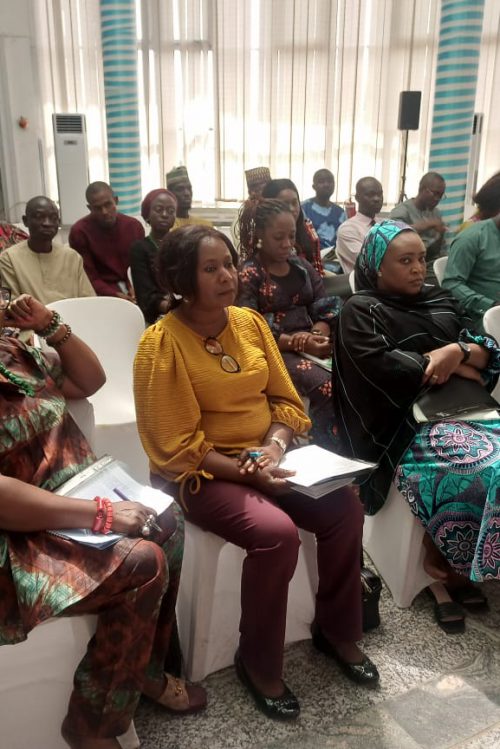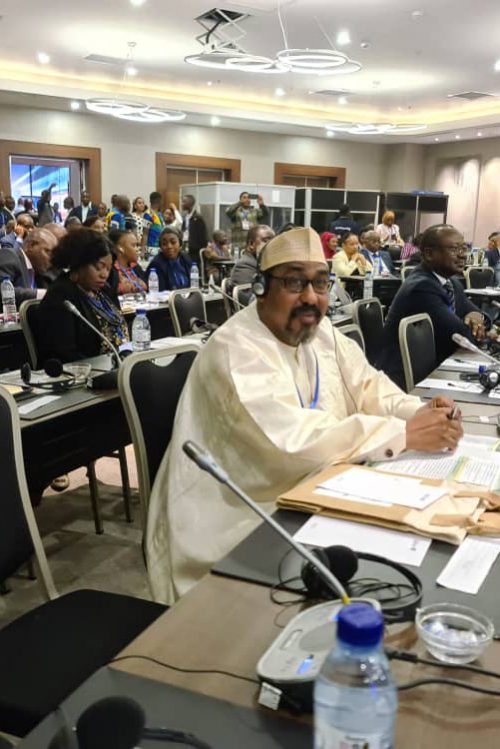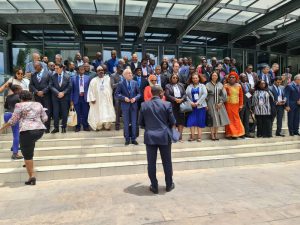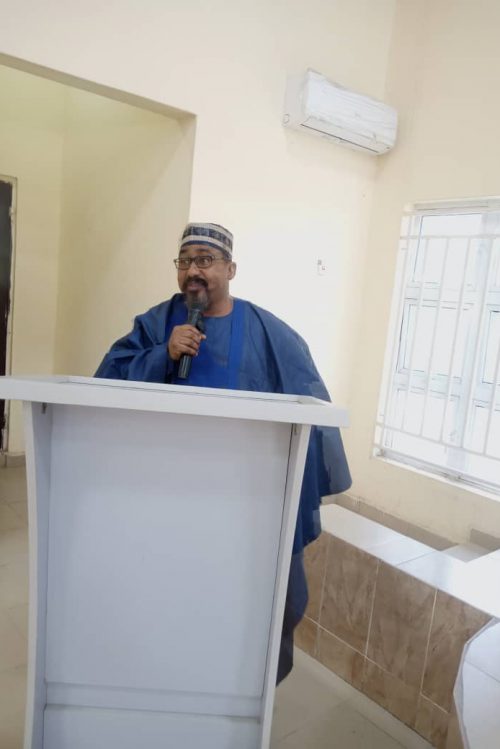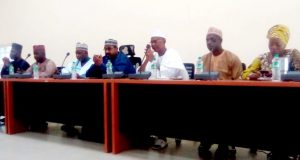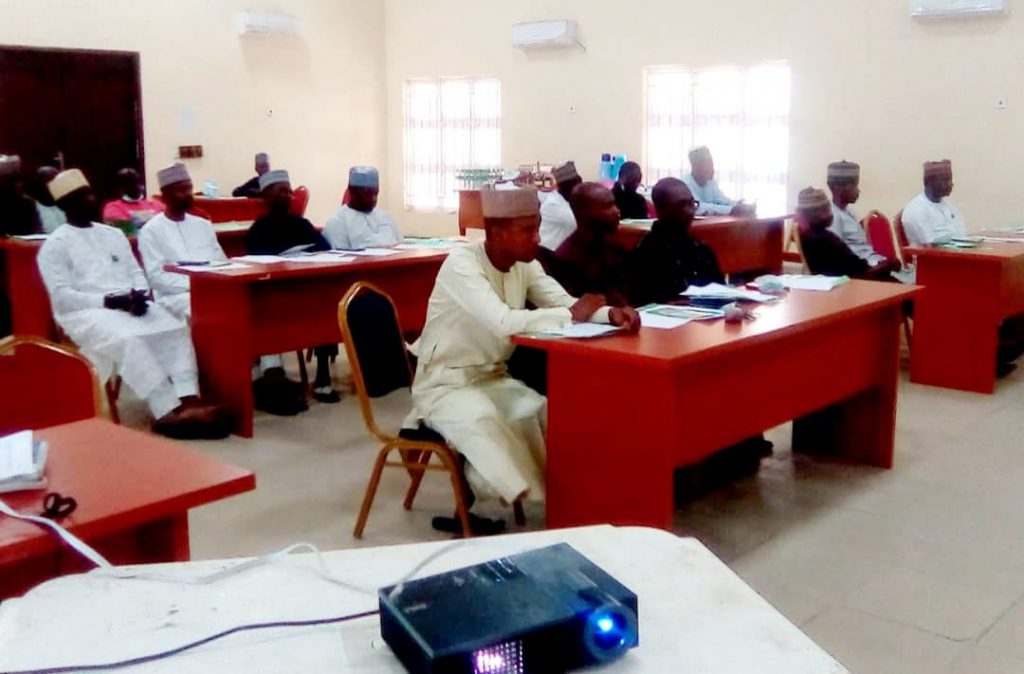Sequel to the successful conduct of the Training of Supervisory Presiding Officers (SPOs) in preparation for ONDO State Governorship Election scheduled to hold on 16th November, 2024, the Training of Presiding Officers (POs) and Assistant Presiding Officers (APO) on Polling and Counting Procedures commenced on Friday
November 8, 2024.
The 3 days Training was organized by the Electoral Institute (TEI) and the objective of the training is that at the end, participants should demonstrate the ability to conduct Polling and Counting Procedures and effectively perform the electoral functions of PO/APO in line with the 2022 Guidelines and Regulations for the conduct of Elections.
Participants at the training are mainly Corp Members serving in the State. Others include ex-Corp Members and final year students of federal tertiary Institutions.
The Training will focus on Polling Date and Time, Code of Conduct of Electoral Officials, Electoral Materials, Sorting, Counting and Announcement of Results. Filling of form EC8A, an extensive hands-on-practical of the Bimodal Voter Accreditation System (BVAS), Uploading the Result to iREV (INEC Result viewing portal) and the INEC Security Alert and Notification System (INEC-SANS) application designed to provide real time notification on threats and violence against INEC staff on Election duty offices or INEC Offices and facilities would also be discussed
The training is structured to assist participants to navigate and use the INEC E-School alongside the TRAINING Bot. This is to familiarize trainees with the e-training platforms which also contain the complete E-Manual.
On the 2nd day, the training would focus on using the hardcopy of the Manual for Election Officials 2023 along with the e-training Platforms for the training of all POs and APOs.
While the 3rd day of training would focus on hands on Practicals on the BVAS and Simulation on the processes and procedures on Election day activities using the BVAS for mock accreditation of voters.
The Chair Board of Electoral Institute (BEI) Hon. National Commissioner Prof. Abdullahi Abdu Zuru during his monitoring visit stressed the importance of the training, which is to ensure efficiency and effective performance of the Polling Officials on Election day. He also used the opportunity of the visit to reiterate the function of IReV portal as a platform to view Election results stating that this does not connote transmission of results.
The Chairman thereafter thanked participants for accepting to work for the Commission, urged them to extol the virtues of transparency, honesty, and accountability, which are the bedrock of free, fair, credible and Inclusive elections. He advised the participants to be above board as Poll Officials and expressed hope of an excellent performance of Poll Officials deployed by the Commission for the forthcoming Ondo State Governorship election.
The Director General of the Electoral Institute, Dr. Sa’ad Umar Idris in his Goodwill message, through the coordinating trainers, urged participants to pay due attention in the course of the training and to ask questions where necessary, while stressing the need for participants to have good working knowledge of the BVAS for accreditation of voters so as to ensure voter satisfaction in the process. He expressed the desire to see participants engage in the INEC E- School and E-Bot recently developed by the Commission.
The DG further advised participants to be above board while on Election duty as POs/APOs so as to ensure free, fair, credible, and inclusive 2024 Ondo Governorship Election.
On monitoring visit also was Director Training, Director Research and other Management Staff of the Institute.
The training is ongoing across the 18 LGAs in Ondo State.
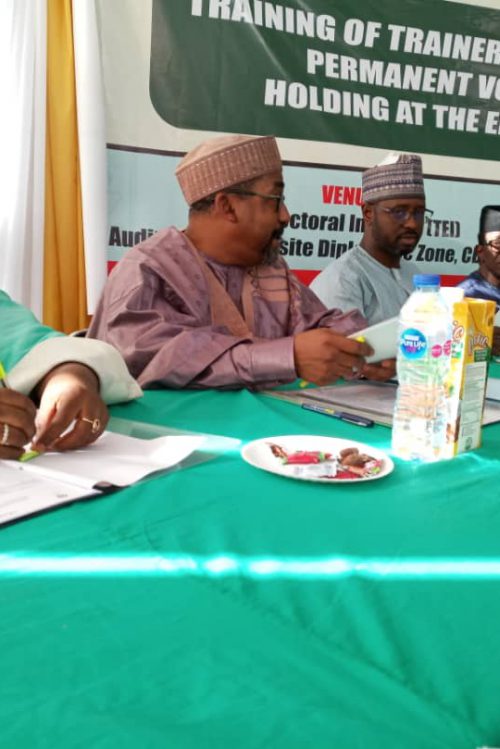
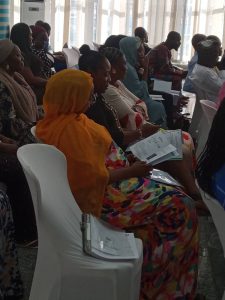 The DG concluded by stating that the TOT was therefore a critical activity that required both Trainers and Trainees to exhibit every sense of diligence and willingness to learn the technicalities and functions professionally.
The DG concluded by stating that the TOT was therefore a critical activity that required both Trainers and Trainees to exhibit every sense of diligence and willingness to learn the technicalities and functions professionally.